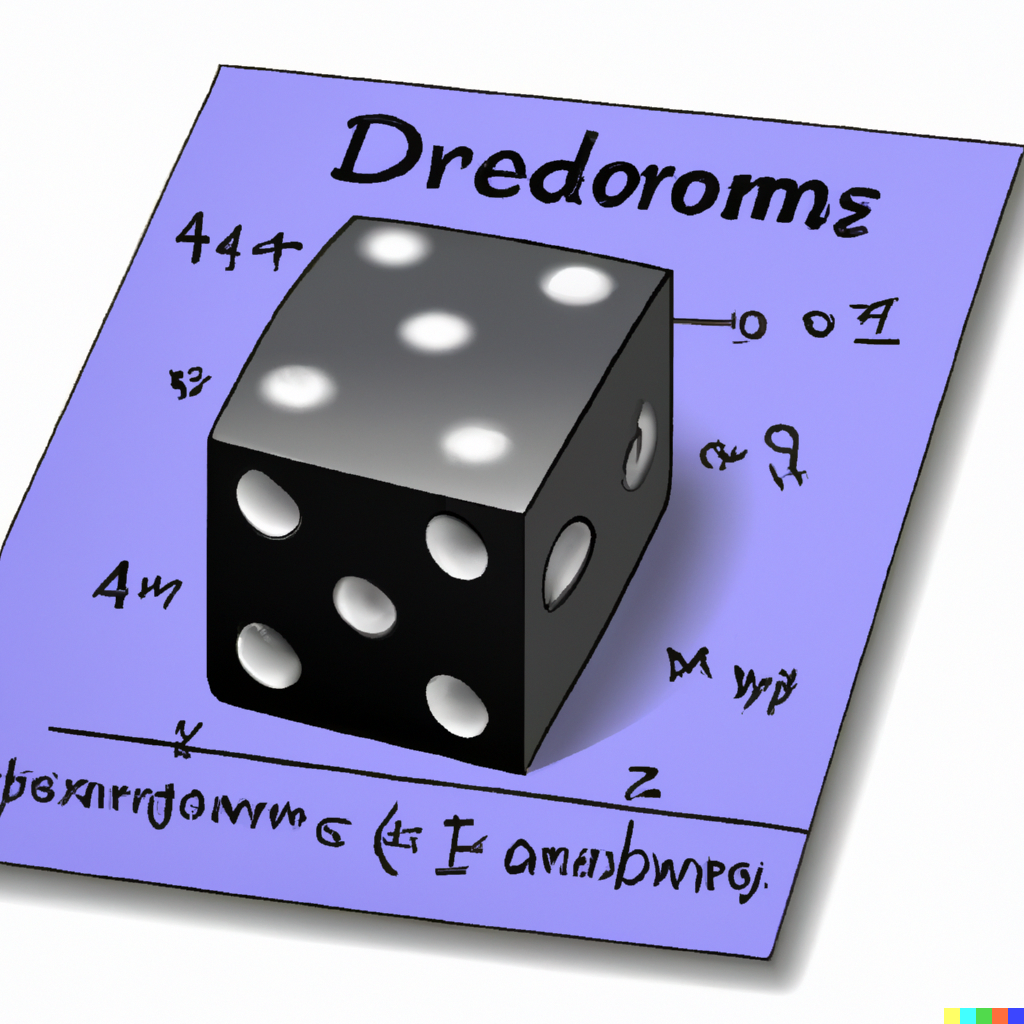

2·
5 days agoKalama Sin podcast is a good one for listening comprehension. No new episodes since July though


Kalama Sin podcast is a good one for listening comprehension. No new episodes since July though


Final graphic shows why the far-right hates education. I’m probably jumping to conclusions, but I wonder if their relatively low popularity among higher-educated voters is due to:
It’s an undemocratic thought, but sometimes I wish there were some sort of aptitude test right before casting a vote. Or at the very least, a quick quiz to confirm you’re aware of the party’s key program points. Obviously, both options are ripe for abuse.
https://minilanguage.com/ is an interesting one to look at. There are exactly 1000 words in the total vocabulary. That’s Mini Mundo though. A second, smaller variant also exists: Mini Kore, with 100 words.
I started learning it too soon after learning Toki Pona and lost steam. But I agree with the design principles. They stem from the observation that Toki Pona, as fun as it is, is just too damn ambiguous for anything non-superficial. All too often speakers need to clarify what they said by switching to a natural language. Even my own Toki notes become indecipherable after a few days.
Toki Pona: fun, therapeutic mental exercise, made even better with sitelen pona. Feels like writing poetry. Never meant to be a useful language. Easy to learn, hard to use.
Mini: useful as a language for general purpose communication. Small, primarily latinate vocabulary. Harder to learn, easier to use.